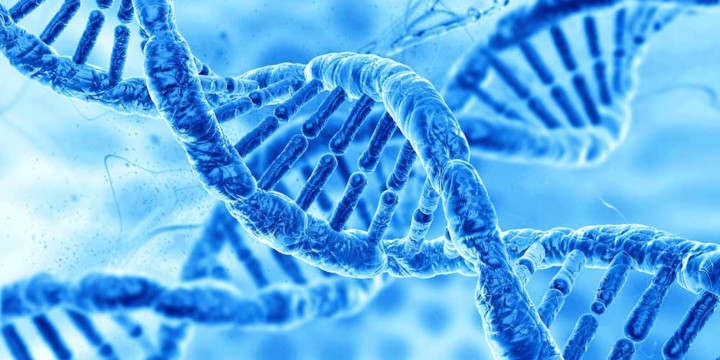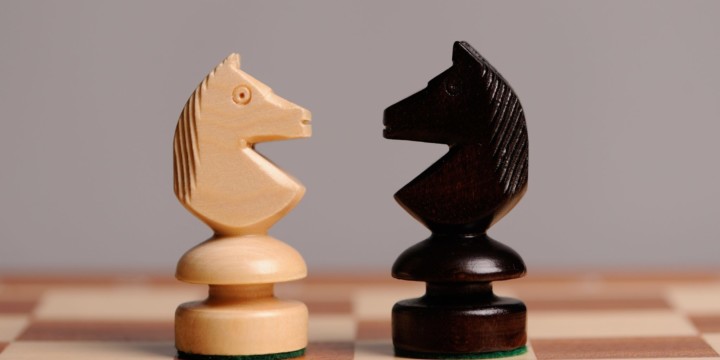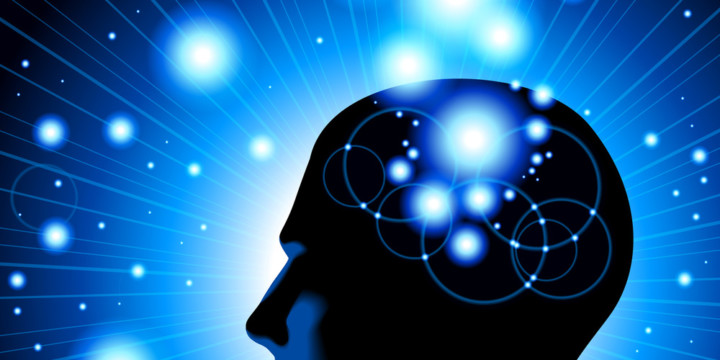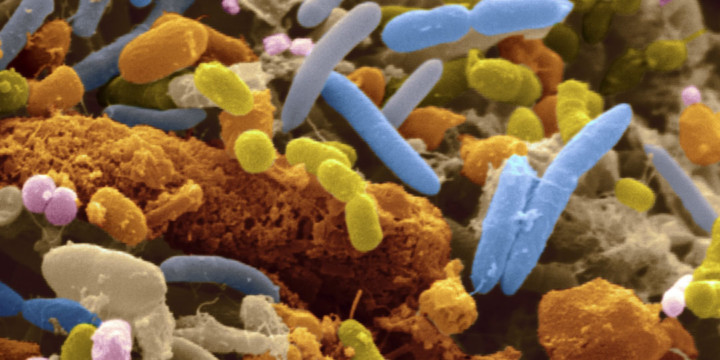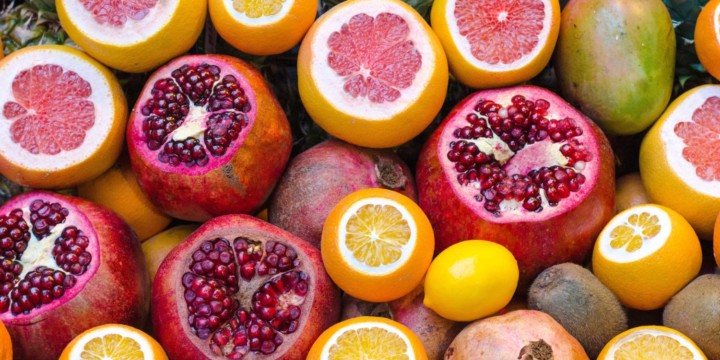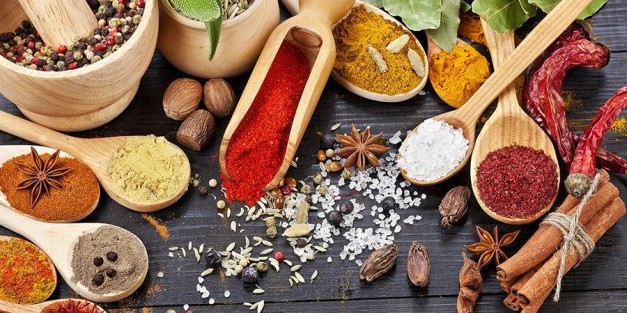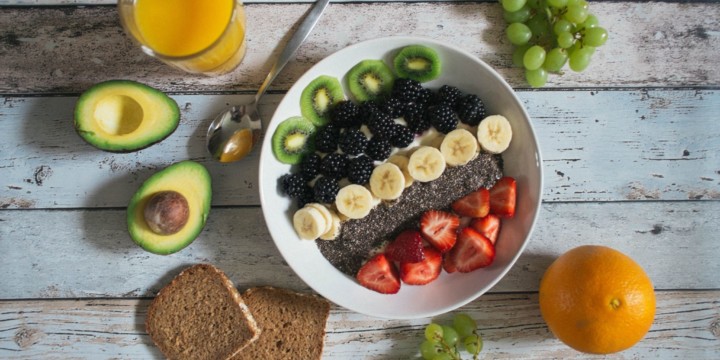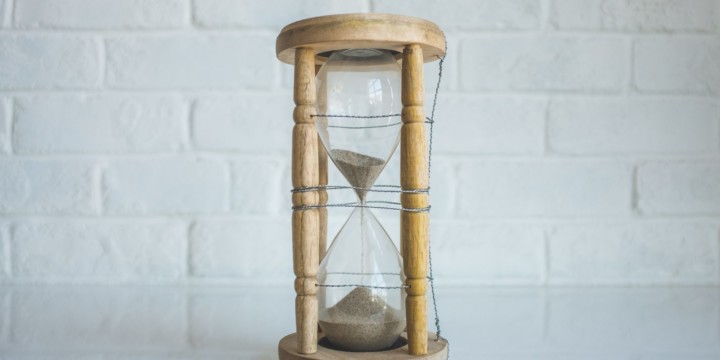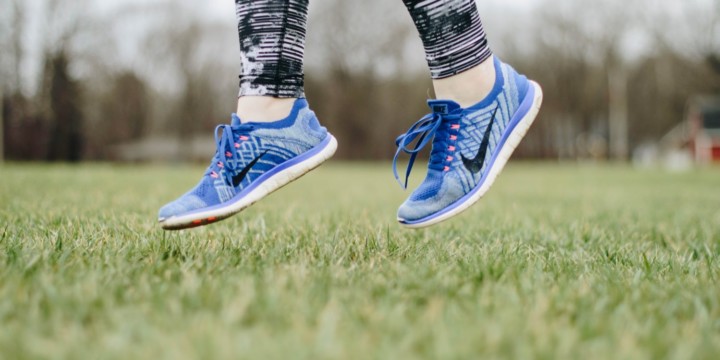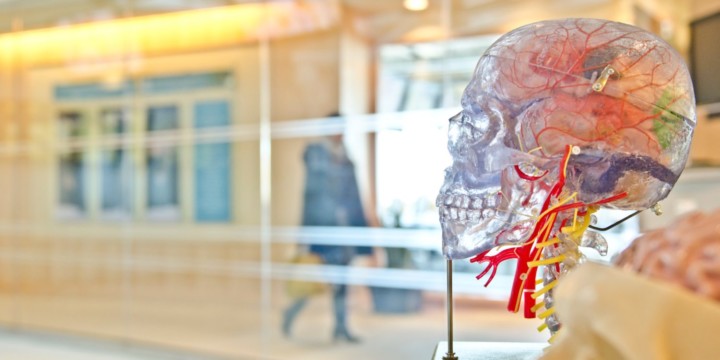Hypothyroidism
The thyroid is a butterfly-shaped endocrine gland situated in the lower part of the neck. It secretes the hormone thyroxin which stimulates the consumption of oxygen leading to the metabolism of protein, carbohydrates, and fats and release of energy. The thyroid is the only hormone the body that contains iodine.
Hypothyroidism happens when the thyroid gland doesn’t produce enough hormones or the hormone is not utilized well by the body.
Hormones Involved
There are three hormones involved –
- Thyroid stimulating hormone or TSH
- Tri-iodine Thyronine or T3
- Thyroxine or T4
Many times the levels of TSH and T4 are fine but T3 is very low signifying the poor conversion of T4 into T3 and a person exhibits typical symptoms of hypothyroidism. Free T4 and T3 are another measures to find out the unbound hormone available to the body.
Pituitary through the secretion of TSH controls the activities of the Thyroid gland. When the level of thyroid hormones drops in the body, the pituitary gland produces TSH to signal the thyroid to increase the hormone production of T4 and T3. T4 is the inactive form of hormone also called prohormone that gets converted into the active form T3 for absorption by the body organs and tissues. Most of the conversion of T4 to T3 happens in the presence of deiodinase in the liver, kidney, and thyroid gland.
While testing for hypothyroidism you need to take the values of TSH, T3, T4, free T3 and free T4 into account. This helps the doctor to come to the right conclusion about the state of your problem
Symptoms
- Lethargy due to a decrease in metabolism
- Slowing of mental and physical activity
- Sensitivity to cold
- Dryness of the skin
- Frequent Constipation
- Obesity
- Anginal pain
- Anemia
- Disordered menstrual function in women
- Hypertension
- Frequent headaches
Types of Hypothyroidism
Primary Hypothyroidism
Primary Hypothyroidism is caused by the deficiency of iodine in the diet. It is very rare to find primary hypothyroidism and generally restricted to areas where there is no iodine in the soil.
Secondary Hypothyroidism
Secondary Hypothyroidism occurs when the liver, kidney, and thyroid gland are unable to convert T4 into T3 and therefore deprives the body of the availability of active hormone for regulating metabolism functions.
Another form of Secondary hypothyroidism occurs when the imbalanced excessive estrogen blocks the receptors of thyroid hormone and interferes with thyroid functioning. This is the reason that hypothyroidism is more common among women. Therefore it is important to figure out the exact cause of hypothyroidism.
Impact of Hypothyroidism on the body
Heart
Hypothyroidism can affect the heart and circulatory system in a number of ways. Slowing of metabolism can slow the heart rate. Poor metabolism can further lead to elevated cholesterol levels in the body, which contribute to narrowed, hardened arteries leading to high blood pressure.
Reproductive Organs
Low levels of thyroid hormone in women can interfere with the release of an egg from the ovary(ovulation), which impairs fertility. Thus, treating hypothyroidism is an important part of any effort to correct infertility. Hypothyroidism in men can cause reduced sperm volume and motility.
Joints & Muscles
For some people, hypothyroidism can contribute to joint and muscle problems. It may lead to muscle aches, tenderness, and stiffness, especially in the shoulders and hips. It may also cause joint pain and stiffness in hands and legs.
Obesity
Modest weight gain, 5-10 pounds depending on the severity of the condition may be attributed to hypothyroidism although it is not always related to excess fat accumulation.
Treatment of Hypothyroidism in Allopathy
The most common treatment option for hypothyroidism is a daily dose of synthetic thyroid hormone T4 which in most cases needs to be taken lifelong. Apart from synthetic hormone, natural thyroid derived from desiccated pig thyroid gland is also available in the market.
Hypothyroidism in Ayurveda
Ayurveda views at hypothyroidism as oxygen deficiency in the cells. Metabolism depends on the type of food we eat. Foods such as refined carbohydrates and sugar depress metabolism.This leads to thickening of the body fluids and the circulation of the blood slows down. Thus oxygen is not able to reach body cells leading to a slower metabolism.
Therefore, hypothyroidism is essentially a circulatory problem caused by thickening of the blood. But, the imbalance doesn’t happen in a day or two. It is a cumulative effect of wrong eating habits along with already slowed down the metabolism of the body. Certain environmental factors could also lead to hypothyroidism.
Qualities of hypothyroidism
Heavy, slow, cold, stagnant and dull– all the qualities are associated with heavy Kapha.
Treatment in Ayurveda
To treat Hypothyroidism, one needs to stop feeding the disorder and incorporate opposite qualities of hot, sharp, light, mobile and dry and thus attain a balance.
Adaptogen herbs for destressing
Since hypothyroidism is a lifestyle disease and stress has an important role in it. To support the thyroid gland, Ayurveda strongly recommends Ashwagandha, an adaptogen because it increases the body’s capability to deal with stress. Other adaptogenic herbs are licorice root (mulethi), holy basil (tulsi) and ginseng, Punarnawa, Brahmi, Trikatu and Triphala which help restore the thyroid health.
Panchakarma or detox
Other than herbal remedies, Ayurveda works around restoring the imbalance of metabolism by correcting vitiated Agni – the biological fire, required for sustaining life. Panchakarma therapies like Vaman ( Emesis therapy ), Virechan ( Purgation therapy ), Shirodhara and Nasya are used to remove the toxins out of the body.
Ayurvedic Medication
The oral medicines are Arogyavardhi Vati, Kanchnaar Guggul, Agnitundi Vati and Chyawanprash. However, do not take these medicines on your own, rather seek the consultation of a qualified Ayurveda expert for optimum results. Pratimarshya nasya is also helpful. It involves instilling two drops of medicated oil in each nostril every day. It also helps prevent vitiation of kapha.
Hypothyroidism in Naturopathy
Unlike Allopathy that solves just the symptoms of hypothyroidism by prescribing artificial hormones, Naturopathy tries to address the root cause. A long-term intake of artificial hormones by the body would eventually lead to the gland further reducing its function. Instead of becoming better your reliance on artificial hormones would increase over a period of time.
Treatment in Naturopathy
The treatment in naturopathy concentrates on eliminating toxins from the body, regulation of diet and replenishment of thyroid hormone cofactors such as zinc, selenium, iodine, tyrosine, EFAs and supporting the health of endocrine system particularly pituitary.
Detox
Naturopathy believes that build up of toxins in the body interferes with the endocrine functioning, therefore, detox is the natural first step in the treatment.
A detox can be done with fasting, massages, enema, massages and mud therapy. In case of heavy metal, toxicity chelation can be done. Excess fluorides in the body interfere with the working of thyroid hormone. It is better to take toothpaste without fluorides. Also, ensure the drinking water does not have fluorides.
Bisphenol A, phthalates and polybrominated diphenyl ethers are thyroid-disrupting chemicals and negatively impacts thyroid hormones. A proper detox would ensure that all the accumulated toxins are removed from the body. Mud therapy is very powerful in absorbing toxins from the body.
Rejuvenation of Thyroid Glands
Proper massages and acupressure are used to rejuvenate the sluggish thyroid and adrenal glands. Essential herbal oils used for massaging further aid the process of rejuvenation.
Regulation of diet
It is important while designing the diet to remove goitrogens from the diet. Goitrogens as the name suggest interfere with the working of the thyroid glands and lead to enlargement of the gland. Cruciferous vegetables such as broccoli, cauliflower, cabbage, turnip, kale, Brussel sprouts etc along with soybean need to be avoided.
In case of severe case of hypothyroidism manifested in the form of autoimmune disease, it is better to avoid gluten, refined carbohydrates and sugar. Also, use filter water that is devoid of fluoride as fluorine is an endocrine disruptor.
Increase intake of cofactors
The diet should include healthy fatty acids such as omega 3 found in flax seeds, nuts, and fleshy fish. Intake of micronutrient and minerals such as Vitamin D, iron, selenium, zinc, copper, Vitamin A, the B Vitamins and iodine intake should be increased. The thyroid gland has the highest selenium content in the body and selenium is vital for the production of the T3 hormone. In severe cases, selenium supplementation can also be taken. Selenium-rich foods are fish, chicken, and nuts.
Glutathione, a very powerful antioxidant should also be included in the diet. Milk thistle, onion, garlic, beans, avocado, and beet are rich in glutathione.
Yoga, Pranayama, and Meditation
Apart from medication, naturopathy relies on yoga, pranayama, and meditation to rejuvenate the thyroid glands. Yogasanas like Suryanamaskar, Sarvangasana, Matsyendra asana and halasana are very effective in controlling hypothyroidism. Pranayamas like Anulom-Vilom, Kapal Bhati, bhastrika, Ujjayi and brahmari are beneficial not only for hypothyroidism but also for the health of the endocrine system.
Yoga and Pranayama for hypothyroidism
In Ayurveda, the treatment protocol for hypothyroidism is centered around reducing stress. Performing yoga and meditation every day can reduce stress significantly. For thyroid disorders, Sarvangasana or shoulder stand is highly recommended. In this pose, an enormous pressure is applied on the thyroid gland which helps improve its function. You should perform Matsyasna or Fish pose after it. You can also practice Surya Namaskar (Sun Salutation) and Halasana( plow pose).
In Ayurveda, oxygen is closely related to prana- the life force. Pranayama being yogic breathing exercises can help in keeping the diaphragm toned, detoxifies lungs and quickly oxygenate the blood.
Ujjayi pranayama is particularly helpful in treating hypothyroidism. Ujjayi or the victorious breath helps release your pent-up emotions. It is particularly helpful in releasing stress, insomnia, and tension. Apart from Ujjayi pranayamas, Kapalbhati, bhastrika and bhrahmari pranayamas are also beneficial. Kapalbhati pranayama increases the metabolism, bhastrika pranayama increases the intake of oxygen in the body and brahmari massages the pituitary, hypothalamus and thyroid glands for regaining balance in the body.

